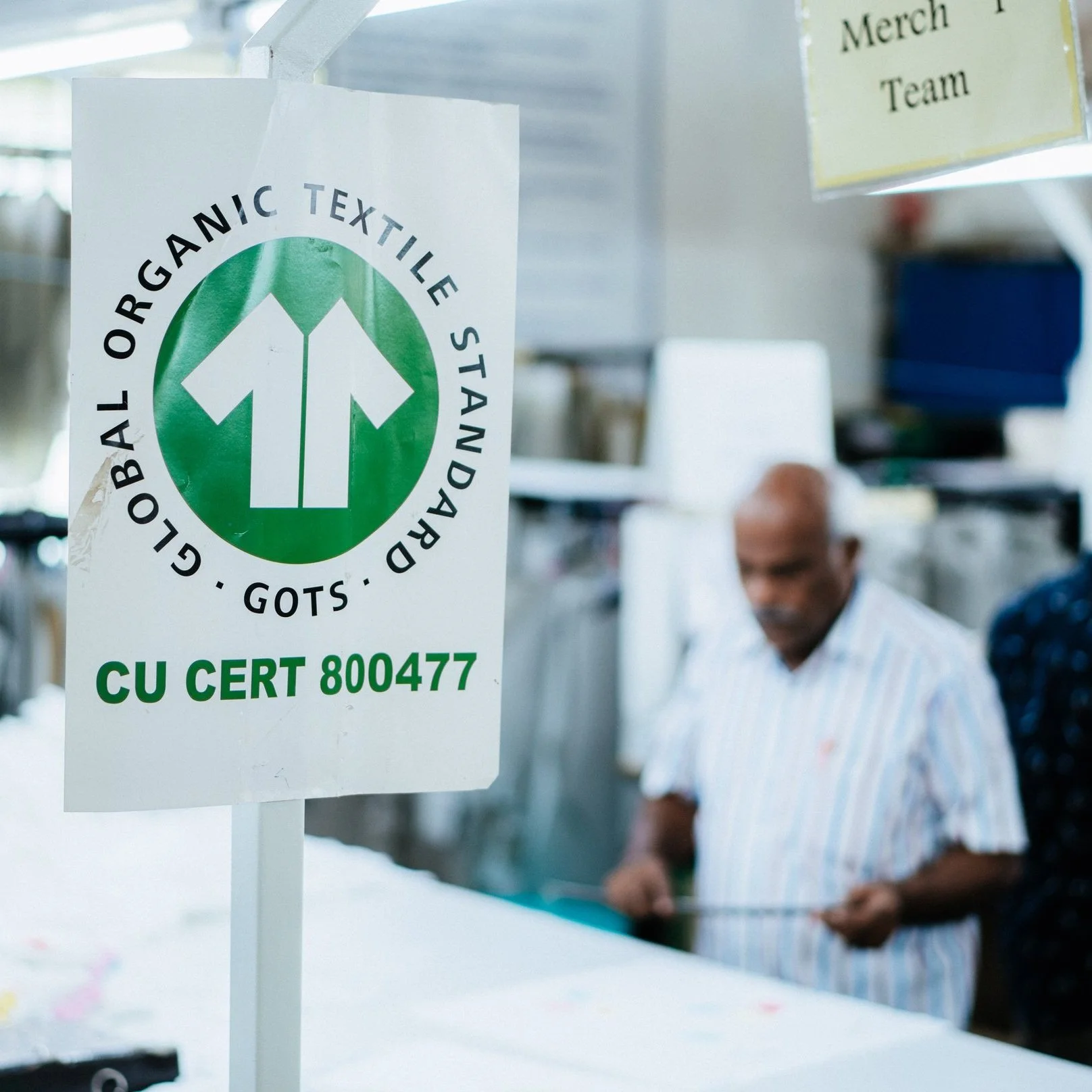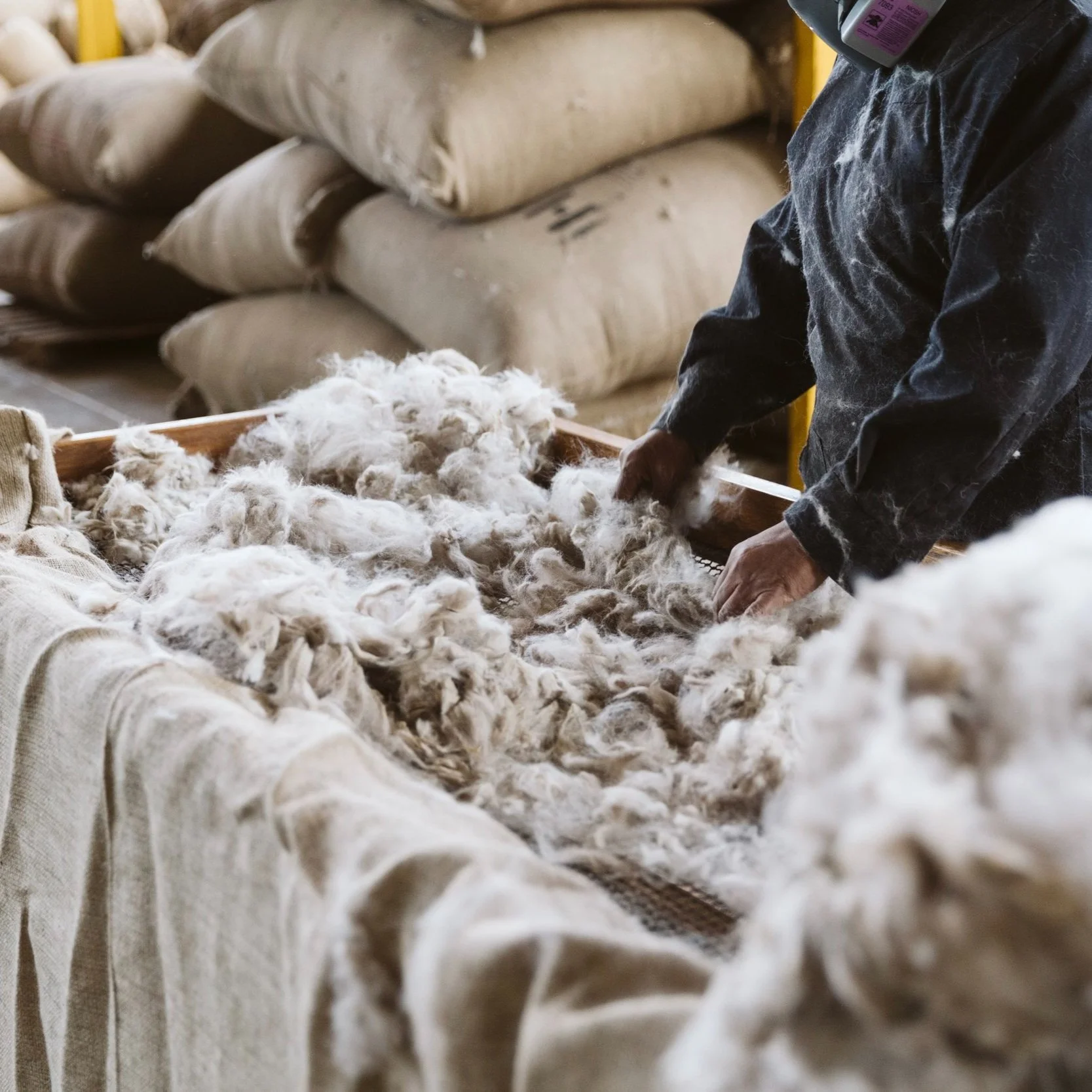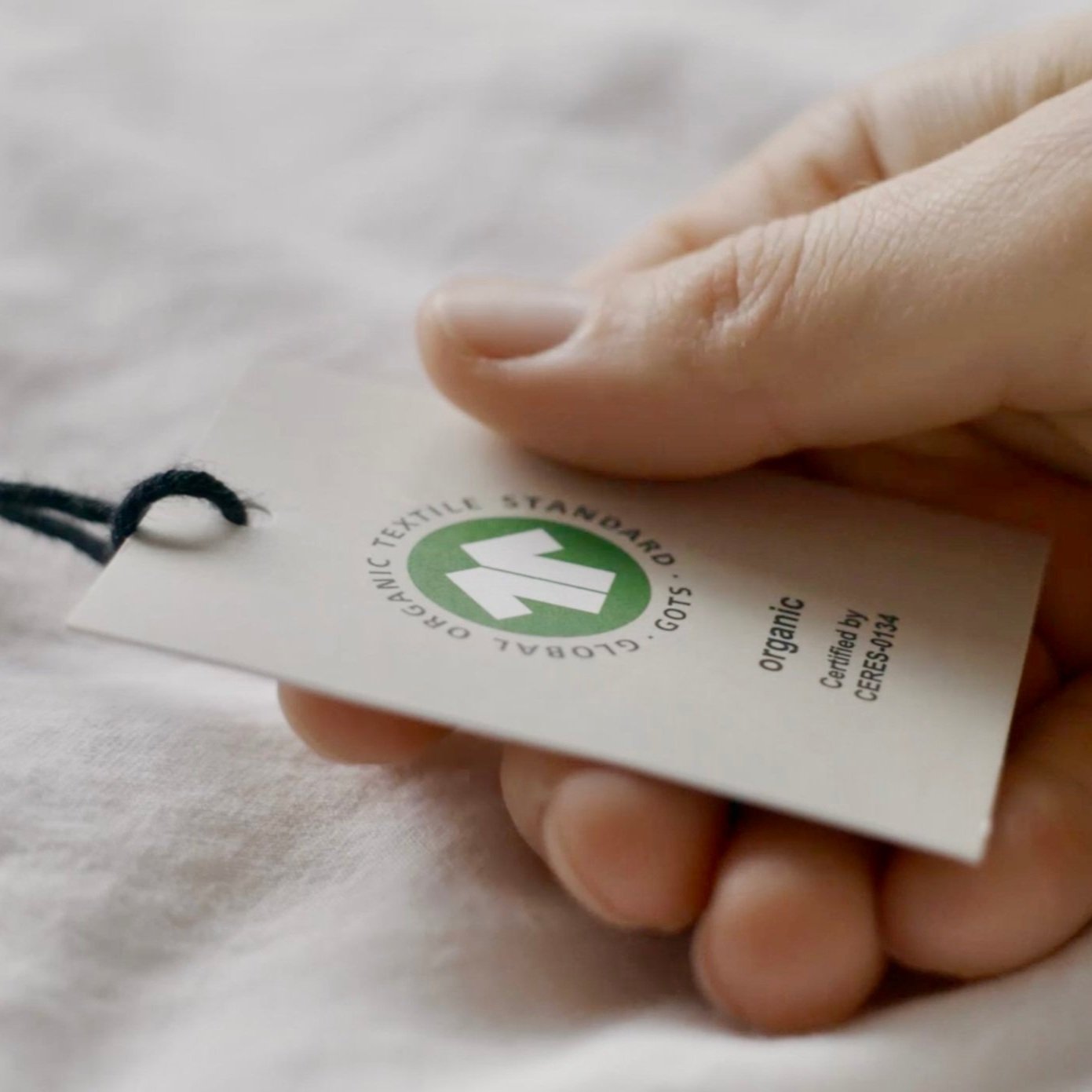Global Organic Textiles Standard (GOTS): A Sustainability Standard You Can Trust
If you’ve tried to shop sustainably in the past year, the chances are that you have been overwhelmed, and possibly confused, by the increasing number of “eco” labels appearing on the market. This one says toxic chemicals are banned, while this one says some chemicals are still used. That one claims ethical working conditions, while this other one means absolutely nothing but is green in colour, so it must be eco-friendly, right?
There is good news, however, for sustainable-conscious shoppers looking for both environmentally friendly and socially responsible textiles, and for manufacturers and brands wanting a certification that goes beyond industry standards. Managed by non-profit Global Standard, the Global Organic Textile Standard, or GOTS, is the worldwide leading voluntary textile processing standard for natural organic fibres with strict environmental, human rights and social requirements along the entire supply chain.
What does GOTS do?
GOTS certification offers more than just a label. It sets strict environmental and social criteria for the entire textile supply chain, from the harvesting of raw materials to the finished product. That means when a certified organic fibre – whether it’s cotton, hemp, wool or more – begins its journey to becoming a textile, the entire process must fall under GOTS criteria. For example, if you buy an organic cotton shirt with the GOTS label, GOTS certification began as soon as the cotton fibre entered the gin. From there, every company in the value chain had to be GOTS certified, all the way up to the consumer buying the shirt.
What are the GOTS criteria?
GOTS certification ensures the integrity of organic textiles and provides assurance to consumers worldwide. For a brand to obtain a GOTS label, it must meet the following criteria (and so much more!):
A textile product carrying the GOTS label must contain a minimum of 70% certified organic fibres, and a product with the label grade "organic" must contain a minimum of 95% certified organic fibres.
Organic fibres must be natural and grown without the use of toxic chemicals, synthetic pesticides, herbicides and GMOs (Genetic Modified Organisms)
Facilities must have anti-discrimination and gender equality policies, not use any child labour, and keep the workplace free of harassment and violence.
Workers must be paid fairly and on time.
What does GOTS not do?
GOTS does not certify any fibre, and you will never find, for example, GOTS-certified cotton. Since GOTS is not a farm standard, all fibres entering the GOTS system must have certification to the IFOAM Family of Standards, which has its own accreditation system. The standards approved under IFOAM are officially endorsed as organic and include both private and government regulations.
What are the benefits of GOTS?
Choosing textiles with the GOTS label means choosing a sustainable and ethically made item.
Consumers can have confidence that a GOTS product follows the strictest environmental and social criteria – the “gold standard” of organic textile labels.
Businesses not only can prove their sustainability and ethical practices with GOTS certification, but it can also ensure they are following state due diligence requirements. Plus, getting certified provides access to consumers who value environmentally and socially responsible products.
Workers are in healthier environments, paid a living wage and treated fairly.
GOTS uses third-party certification bodies to ensure credibility, impartiality, and transparency in the certification process.
It’s a win-win-win-win situation for all involved!
How do I identify and find GOTS goods?
Consumers should look for the on-product labelling, whether looking at the item physically in a shop or online store. The GOTS label is a consumer’s key to transparency and shows the trademark-registered GOTS logo, the GOTS label grade ("organic" or "made with organic"), details of the certification body and the licence number and/or name of the certified entity.
Check out the Shop Finder to find retailers that sell GOTS certified goods near you.
In a world of greenwashing and social washing, a GOTS label provides peace of mind that the world and workers involved in making a product are better off.




